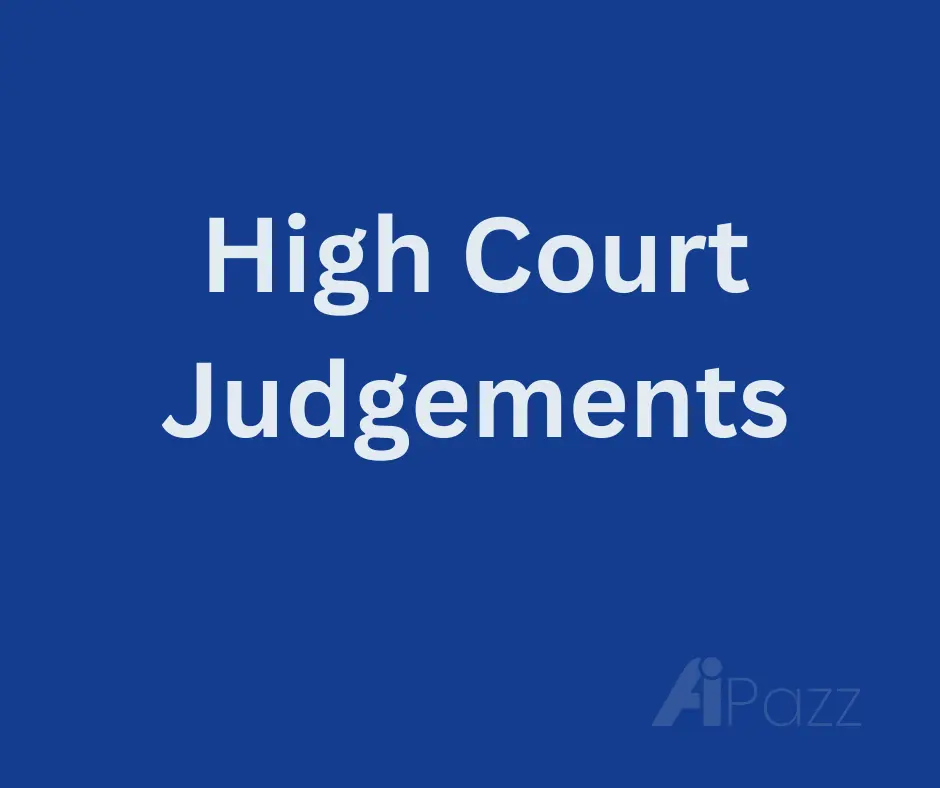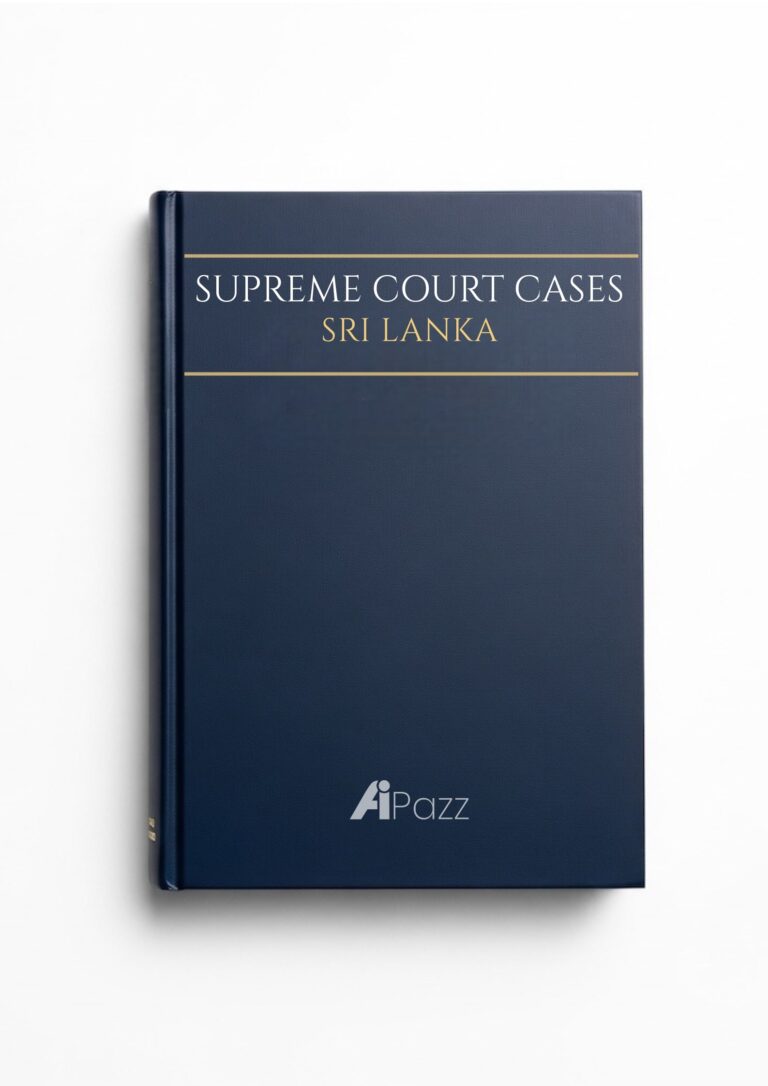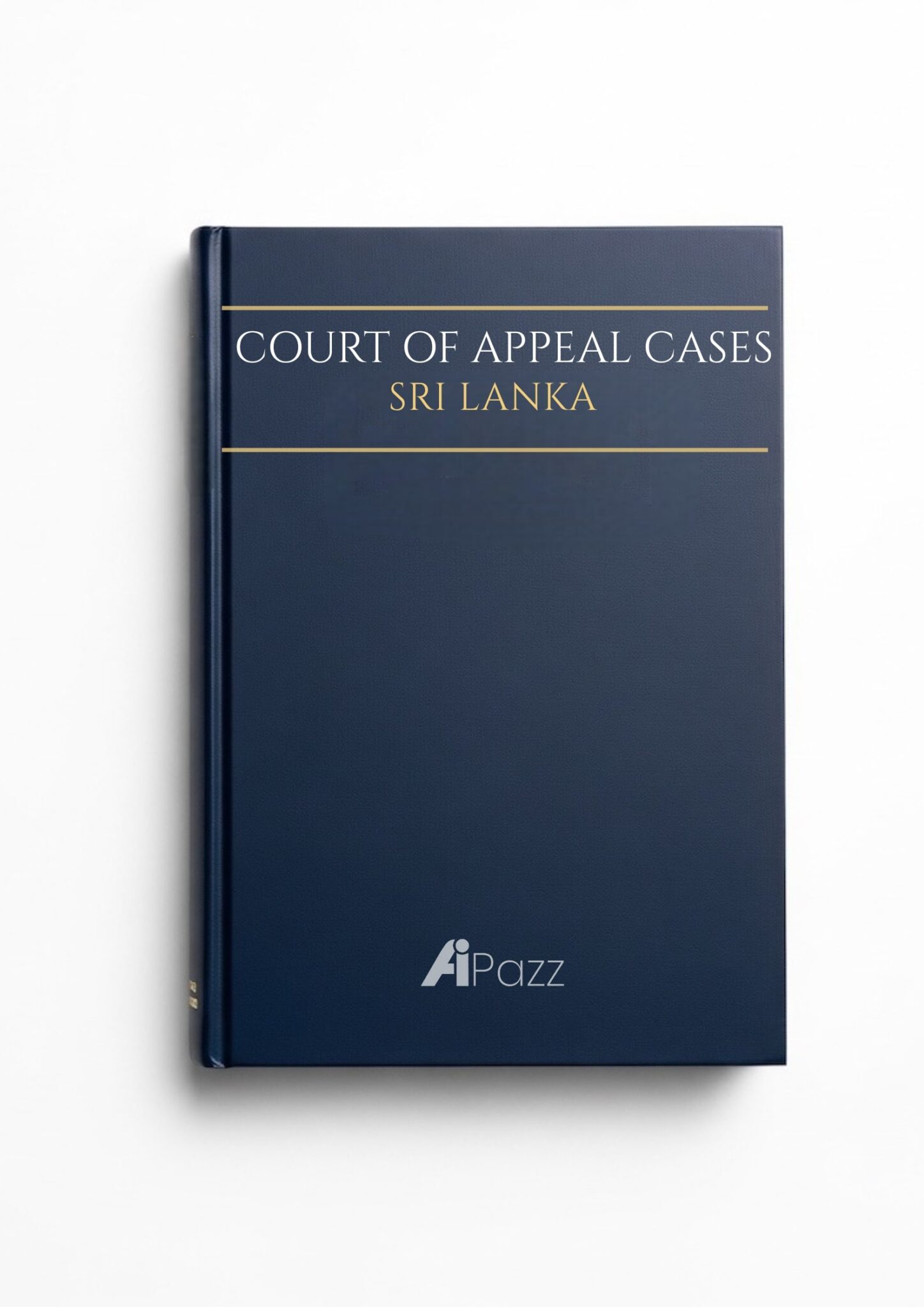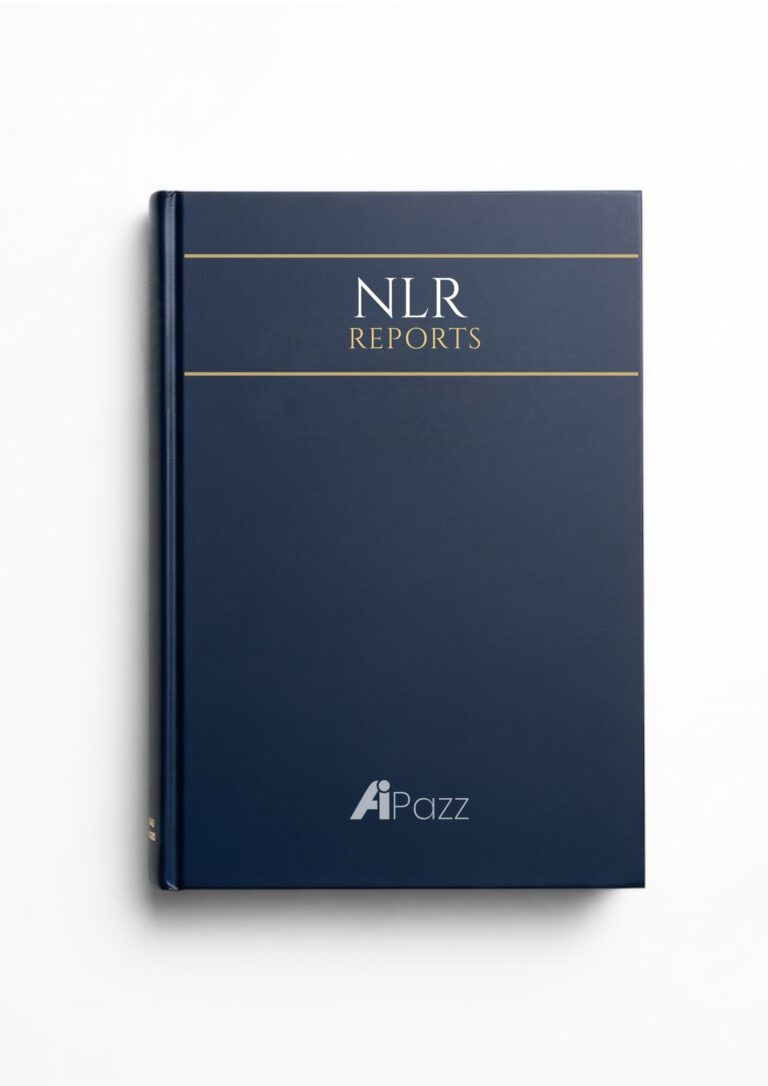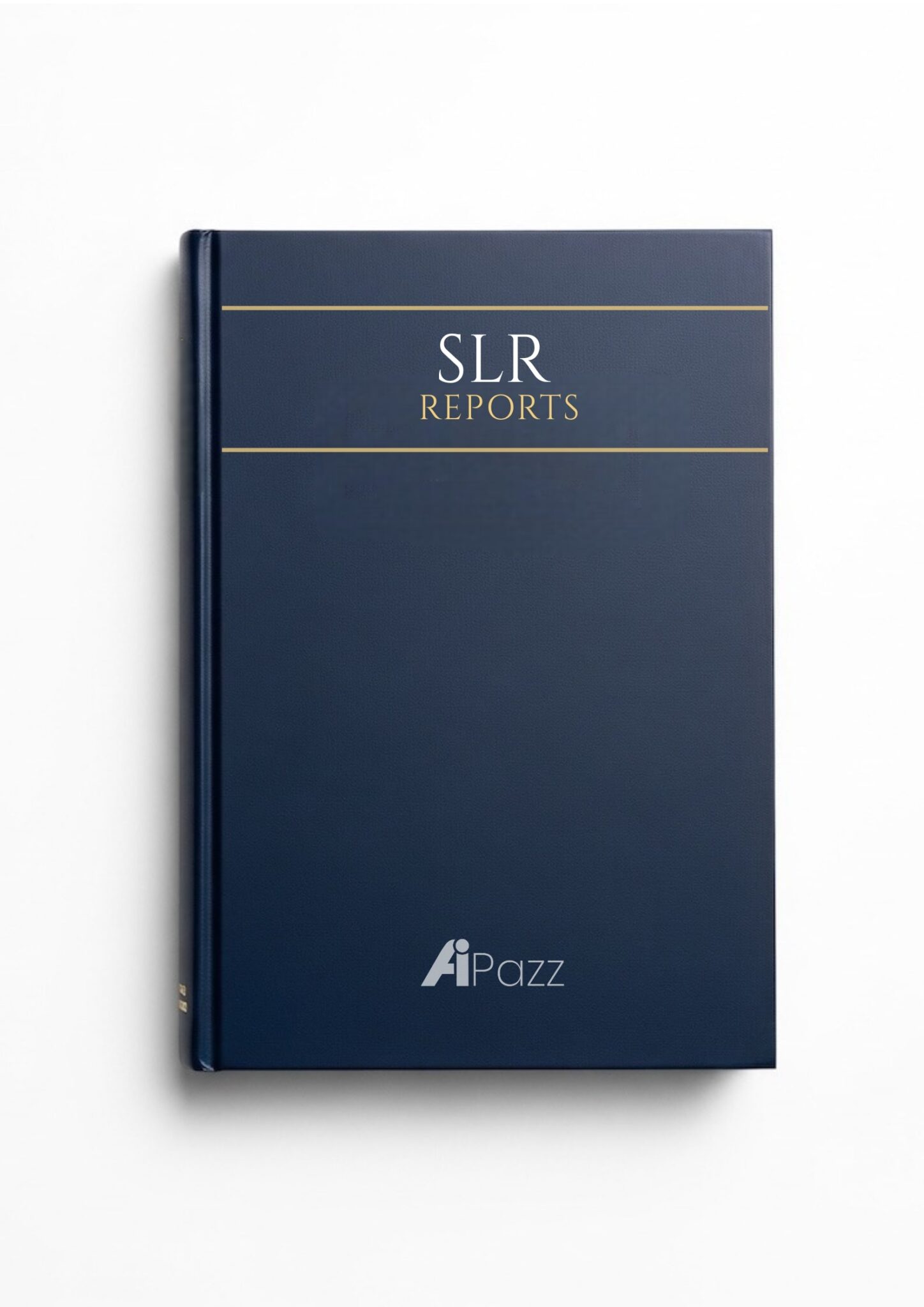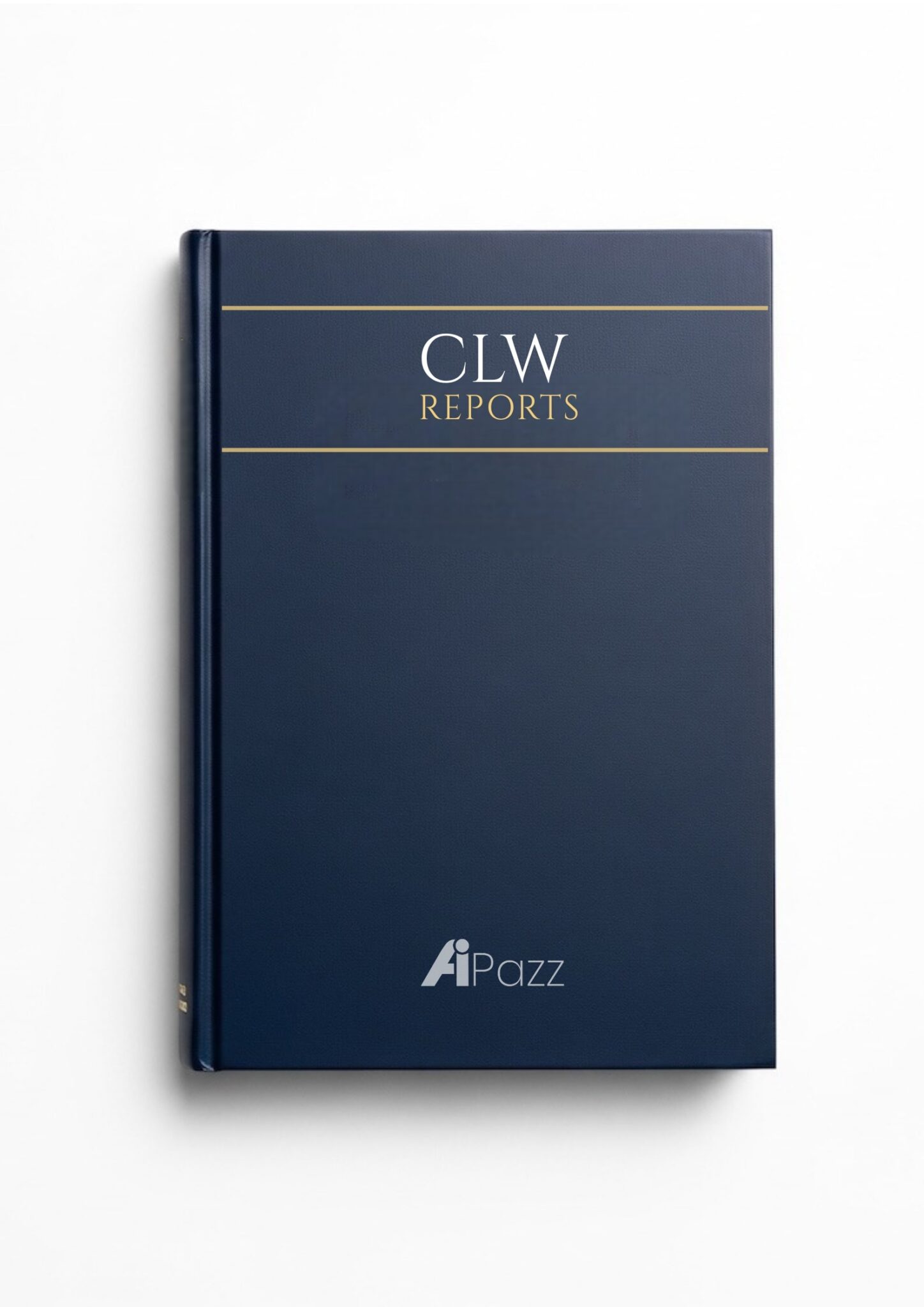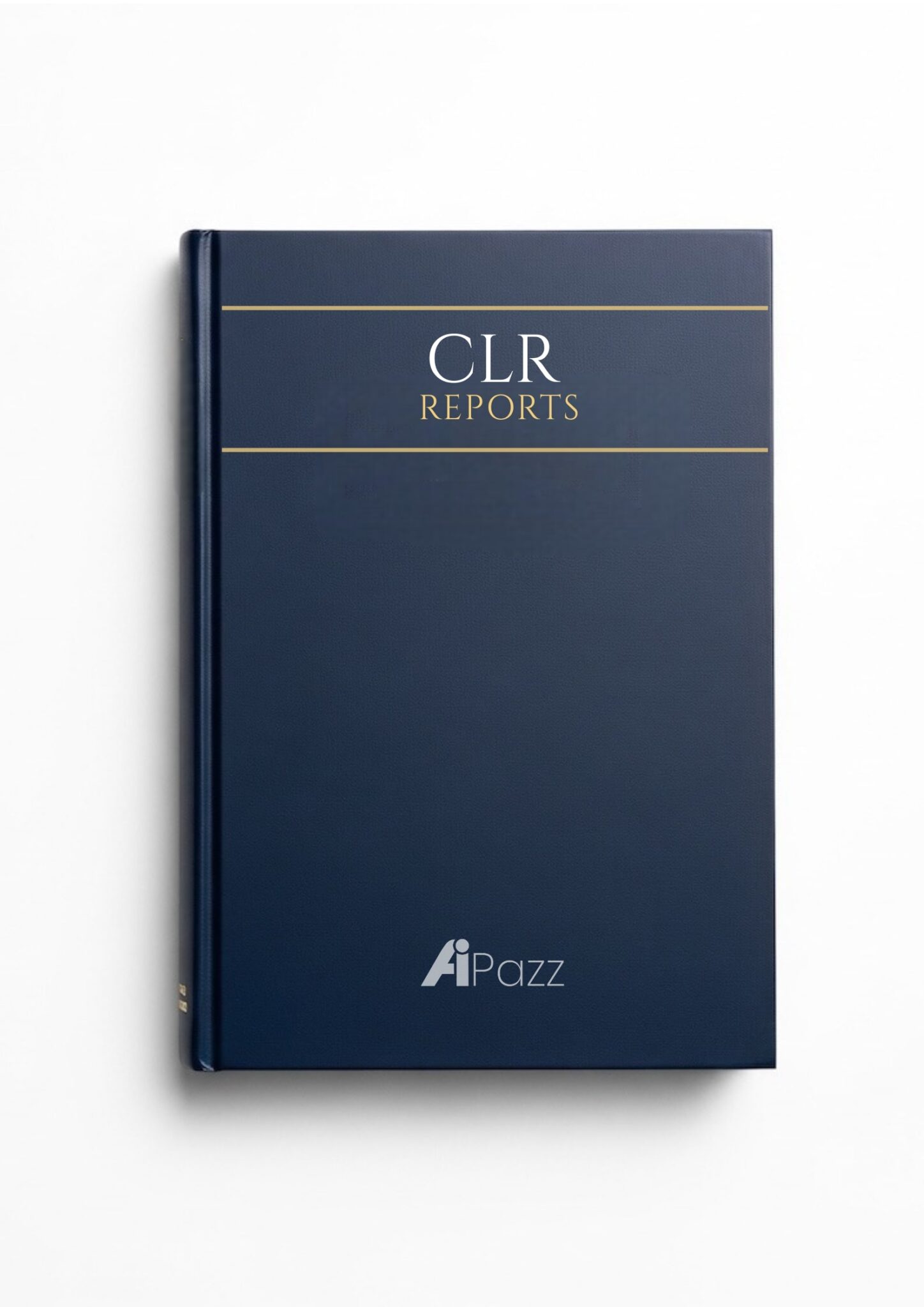Sri Lankan Case Law Reports and Latest Judgements
Access Sri Lanka’s most comprehensive Case Law database, featuring all major Law Reports and judgments from the 1800s to today.AI Pazz is Sri Lanka’s largest digital legal database, offering original PDFs, summaries, headnotes, citations, key legal arguments and insights for every judgment.
Sri Lanka’s legal system, rooted in a mix of Roman-Dutch law, English common law, and indigenous traditions, relies heavily on judicial precedent. As such, access to reliable case law sources is crucial for legal practitioners, scholars, and students. Among the most prominent legal reporting sources in Sri Lanka is the New Law Reports (NLR), which began publication in 1898 and continues to be a key reference for superior court judgments. NLR covers landmark rulings from the Supreme Court and Court of Appeal, playing an instrumental role in shaping Sri Lankan jurisprudence. The Sri Lanka Law Reports (SLR), published by the Attorney General’s Department, serve as the official law reports of the country and cover judgments of superior courts with comprehensive headnotes and summaries, making them accessible for both academic study and courtroom reference.
In addition to the NLR and SLR, there are other notable compilations such as Ramachandra’s Reports, which predate the NLR and include judgments from the late 19th century. These are particularly valued for historic and constitutional research. The Ceylon Law Weekly (CLW) served as a private publication that was widely used for accessing judgments and legal commentary during the mid-20th century. More recent sources include Law Reporter, a modern publication that compiles recent and notable judgments for practical use. These sources collectively offer a diverse legal reference framework. They vary in scope, authority, and editorial quality, yet each contributes to the body of case law that influences how legal arguments are formed and judgments are interpreted in Sri Lankan courts. While physical copies of these reports are found in law libraries and universities, digital platforms—including AI-powered tools like AI Pazz—have revolutionized accessibility by providing advanced search, summaries, citation tracking, and contextual insights for deeper legal understanding.
